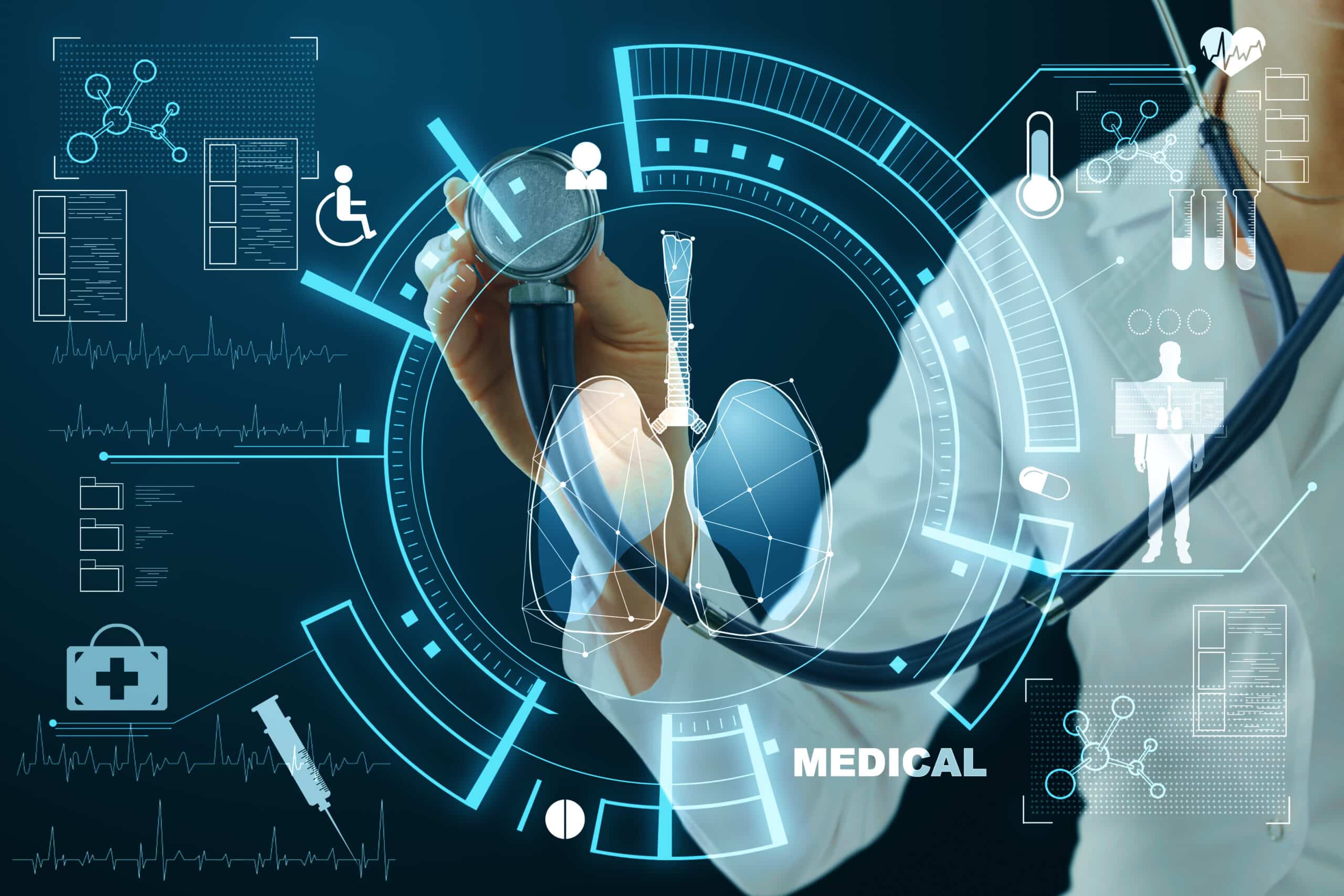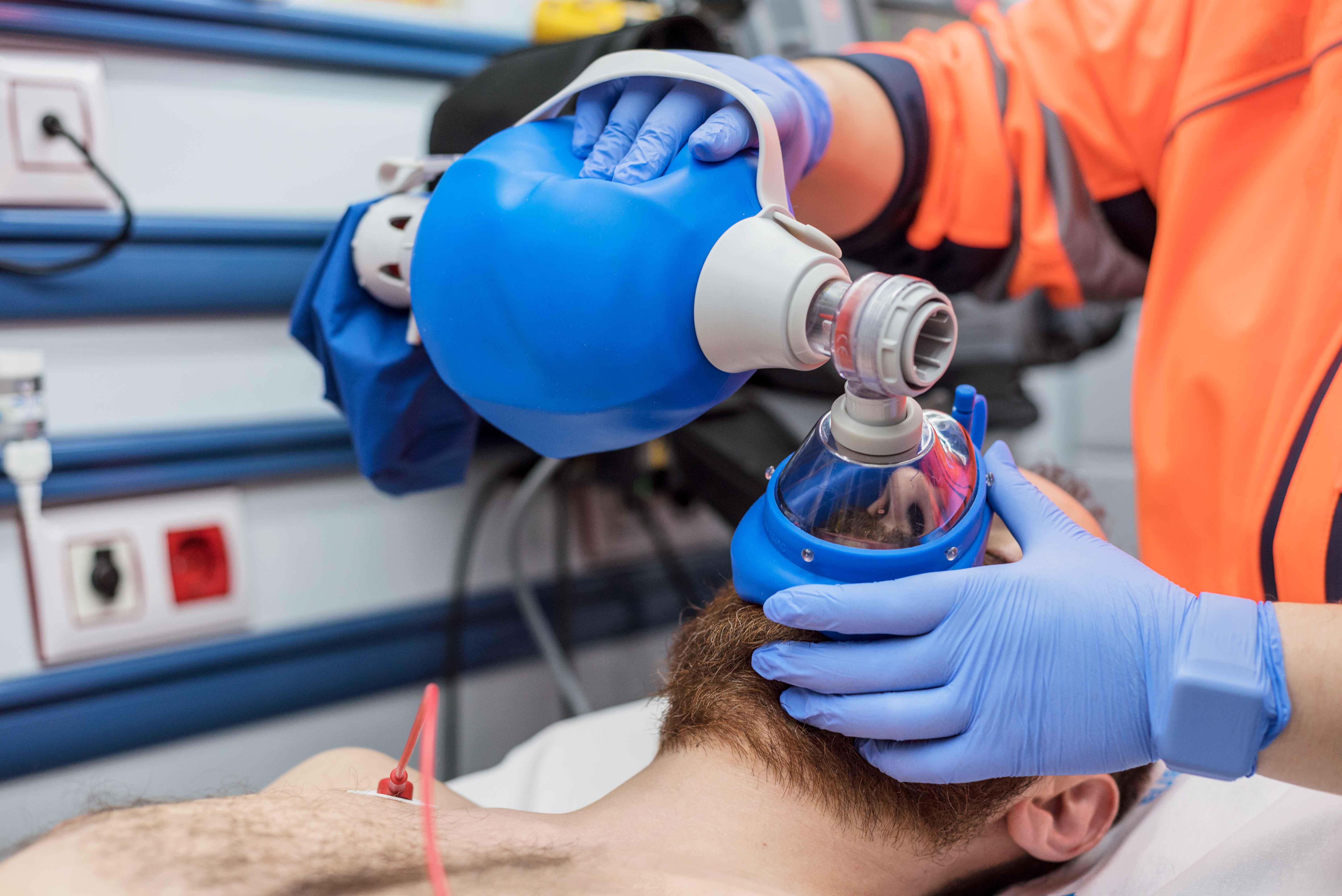Exploring Artificial Intelligence in Medicine Today

AI technology is already being integrated with the daily work of healthcare professionals, and it’s empowering better decision-making, preventing errors, and improving the quality of care patients receive. Some of these innovations can go nearly unnoticed by nurses and doctors, but others require knowledge and training to make the most of the value they offer.
Healthcare workers can expect to encounter artificial intelligence in medicine in areas like diagnostics, predictive strategies, and pharmacology, and its footprint will only continue to expand. Staying on top of rapidly evolving trends is key, and courses like Artificial Intelligence in Medicine: Innovations Shaping Healthcare Today ensure you’ll have the latest information and training for these valuable systems.
In the meantime, here are some of the ways AI technology is already finding its way into healthcare institutions, along with some guidance for making the most of this valuable tech.
AI in Diagnostics
One of the biggest benefits AI tools can offer is the capacity to crunch enormous data sets to draw out hidden trends and critical insights. The healthcare industry generates about 30% of the world’s data, but it’s estimated that 97% of it currently goes unused.
The healthcare industry at large is leveraging AI to change that trend with diagnostic tools that can consume and interpret these wasted data sets. These powerful tools can identify key results that are well beyond the capacity of their human counterparts to inform decision-making and change patient outcomes. Institutions that use AI diagnostic software benefit from:
- Heightened accuracy
- Better time management
- Efficient use of resources
- Reduced human errors
Diagnostic Imagery
These advantages aren’t just about maintaining better medical records and improving schedules, either. They have a direct impact on critical activities like diagnostic imagery analysis for diseases such as cancer and heart disease. For instance, AI systems can be used to interpret images such as mammograms to improve identification by reducing false positive and false negative results.
Treatment Plan Creation
Artificial intelligence in medicine can support personalized treatment plans by helping professionals make choices that incorporate historical data and patient information. However, it’s not about developing impersonal automated treatment. AI diagnostics integrate technologies that enhance human-led diagnostic activities rather than replace them, so patients are still receiving care that reflects practical and personal needs.
AI in Predictive Medicine
Predictive analytics can supplement AI diagnostics by anticipating a wide range of potential challenges and helping healthcare professionals get out in front of them. These algorithms evaluate data sets on individual patients and compare them to much broader databases to predict complications, risk factors, and the impact of a wide range of social and cultural factors on outcomes, including:
- Demographics. Patients in particular social or ethnic groups may be at higher risk for certain diseases.
- Disease processes. Algorithms can reveal hidden correlations that indicate potential outcomes, anticipate chronic conditions, or suggest ideal treatments.
- Readmission rates. A patient’s overall profile may indicate a high likelihood of readmission or relapse.
- Genetic predisposition. By evaluating a patient’s genetics, predictive AI can alert healthcare professionals to potential complications or predispositions.
- Treatment risks. AI tools can create a holistic picture of risks associated with particular interventions to inform treatment decisions.
- Lab results. 7 billion lab tests are run every year, and predictive AI is helping to analyze them more quickly, accurately, and comprehensively to support better decision-making and risk assessment.
While these tools are already making significant impacts in all these areas, healthcare professionals must remember that this technology is still relatively new. Predictive AI is still being evaluated relative to actual patient outcomes, and results are still incomplete. Although numerous smaller studies have been performed, systematic reviews on the effectiveness of artificial intelligence as predictive models are needed to present a stronger sense of confidence in these potential tools.
AI in Pharmacology
The development of safe and effective drugs is an incredibly complex, expensive, and time-consuming process. Advances in AI applications concerning drug development have supported clinical trial design, drug discovery, product development, product management, manufacturing, and post-market assessments.
For healthcare workers within hospitals, clinics, and private facilities, AI tools are capable of cross-checking drug interactions and evaluating patient risk factors to prevent harmful complications and support better prescribing practices. They can also help pharmacies identify signs of addiction or other abnormal patient behavioral patterns and bridge the information gap between prescribers and distributors.
As with other applications of artificial intelligence in medicine, these tools are still considered helpful but not foolproof. Doctors, nurses, and pharmacists should still treat AI as a complement to their traditional processes and skills rather than a replacement. Also, the Center for Drug Evaluation and Research (CDER) was established in 2024 as a mechanism to provide oversight surrounding AI activity for drug development, and it will continue to update its guidelines and best practices.
Incorporating AI into Your Practice
Artificial intelligence in medicine is only going to expand over the next decade, and healthcare professionals will need to become increasingly familiar with this valuable tech and the benefits it can bring to their work. As new tools roll out, it will be critical to stay informed and up-to-date on the latest innovations and systems.
Premiere is committed to creating a healthcare workforce that makes the most of AI technology regardless of their specialty or role. Courses like Artificial Intelligence in Medicine: Innovations Shaping Healthcare Today give professionals across a broad spectrum of practice areas an in-depth understanding of how to engage with AI systems as well as best practices for ethically integrating them into their work.
All of Premiere’s award-winning courses are created by industry experts and make it easy for healthcare workers to embrace new technology, develop their careers, and meet their professional obligations.
Latest Posts


.png)


.jpeg)
